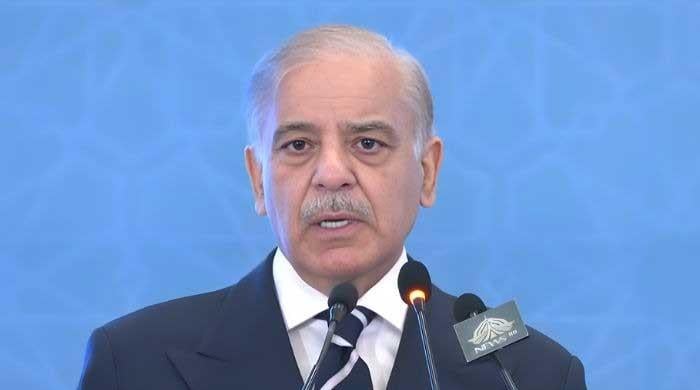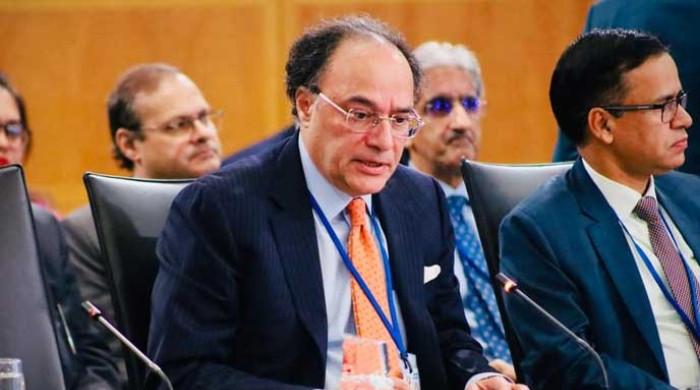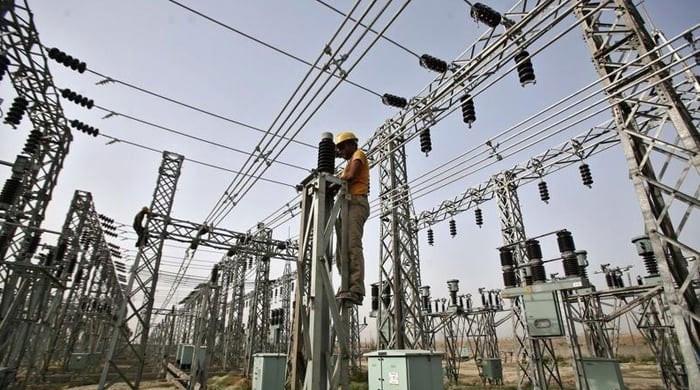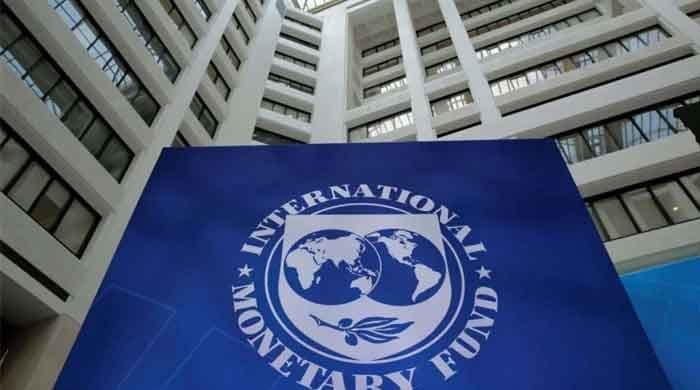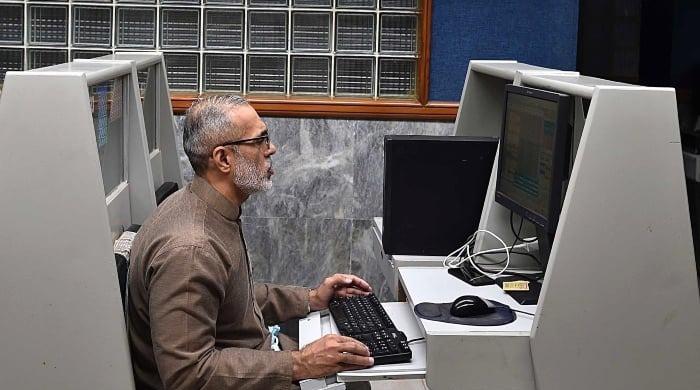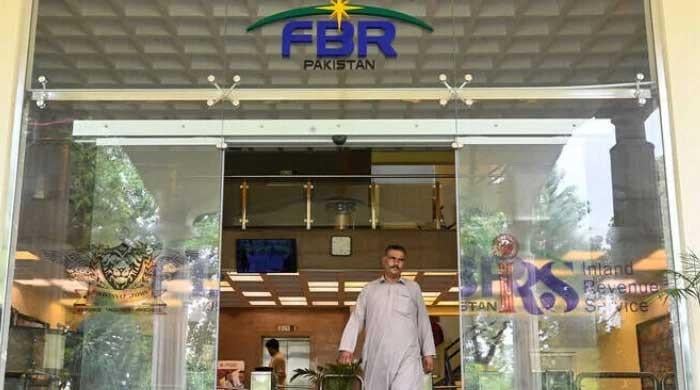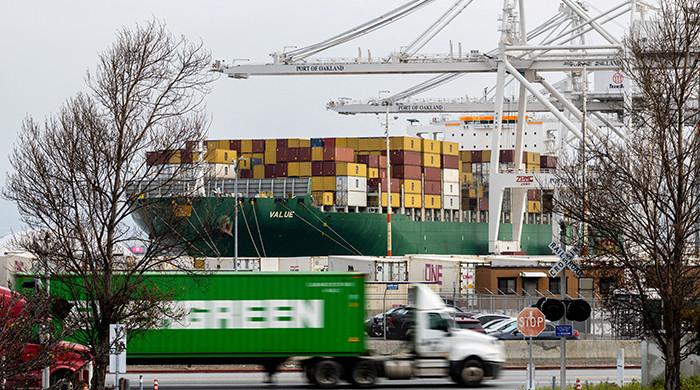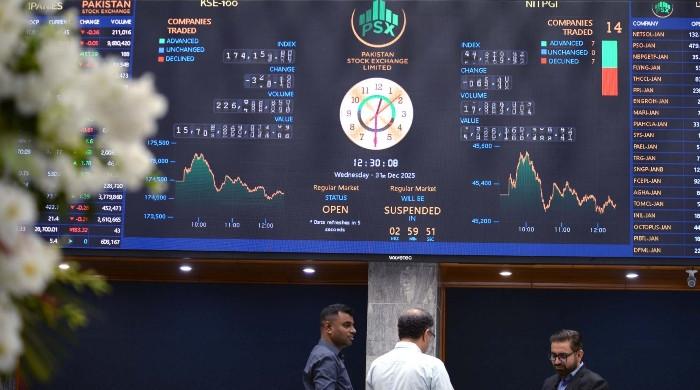World Bank rejects rumours of delay in loan approval for Pakistan
Bank official terms reports surrounding delay in approval of two loans worth $1.1 billion "unfounded"
January 19, 2023
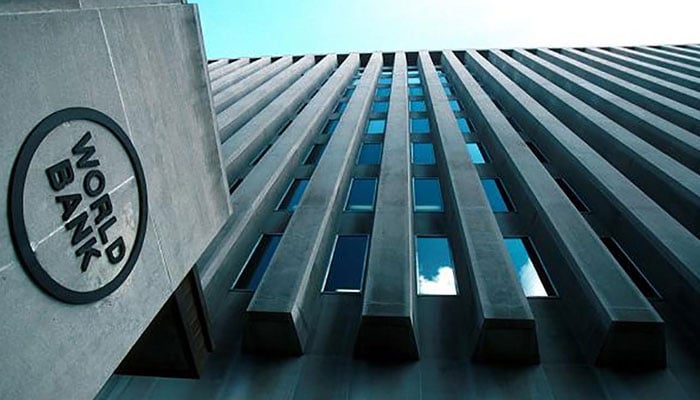
- World Bank official terms such news reports "unfounded".
- Country director says dates for loan approvals are scheduled.
- Reports claimed World Bank has delayed approval of two loans.
Amid reports that the World Bank has delayed approval of loans worth $1.1 billion for Pakistan, the multilateral donor on Thursday termed the news as "unfounded".
Taking to his Twitter handle, World Bank’s Country Director for Pakistan Najy Benhassine said: “The press reports that refer to a World Bank decision to delay approval of potential Bank operations in Pakistan are unfounded."
Earlier, the media reports claimed the Washington-based lender has delayed the approval of two loans for Pakistan worth $1.1 billion until the next fiscal year.
However, Behassine made it clear that all the dates for approval of loans were already scheduled.
“The tentative board approval dates of all of our proposed operations, as well as their amounts, are indicative, and the World Bank decides on the timing for sharing project proposals for board consideration following due process and based on the proposed projects’ readiness," the World Bank official added.
A report published in The News suggested that a finance ministry source, on the condition of anonymity, told a British wire service that the approval of the World Bank loans has been pending since June.
“The major issue is the circular debt management plan in the energy sector and tariff revision,” said the source. “These actions are pending on our side.”
It mentioned that the World Bank and the finance ministry did not immediately respond to requests for comment.
Pakistan's economy has crumbled alongside a simmering political crisis, with the rupee plummeting and inflation at decades-high levels, while devastating floods and a major shortage of energy have piled on further pressure.
The South Asian nation's enormous national debt — currently $274 billion, or nearly 90% of gross domestic product — and the endless effort to service it makes Pakistan particularly vulnerable to economic shocks.
Foreign exchange reserves held by the State Bank of Pakistan (SBP) stand at $4.3 billion — their lowest level since February 2014 — while the country’s International Monetary Fund (IMF) bailout programme has been stalled since September 2022.
— Additional input from APP




